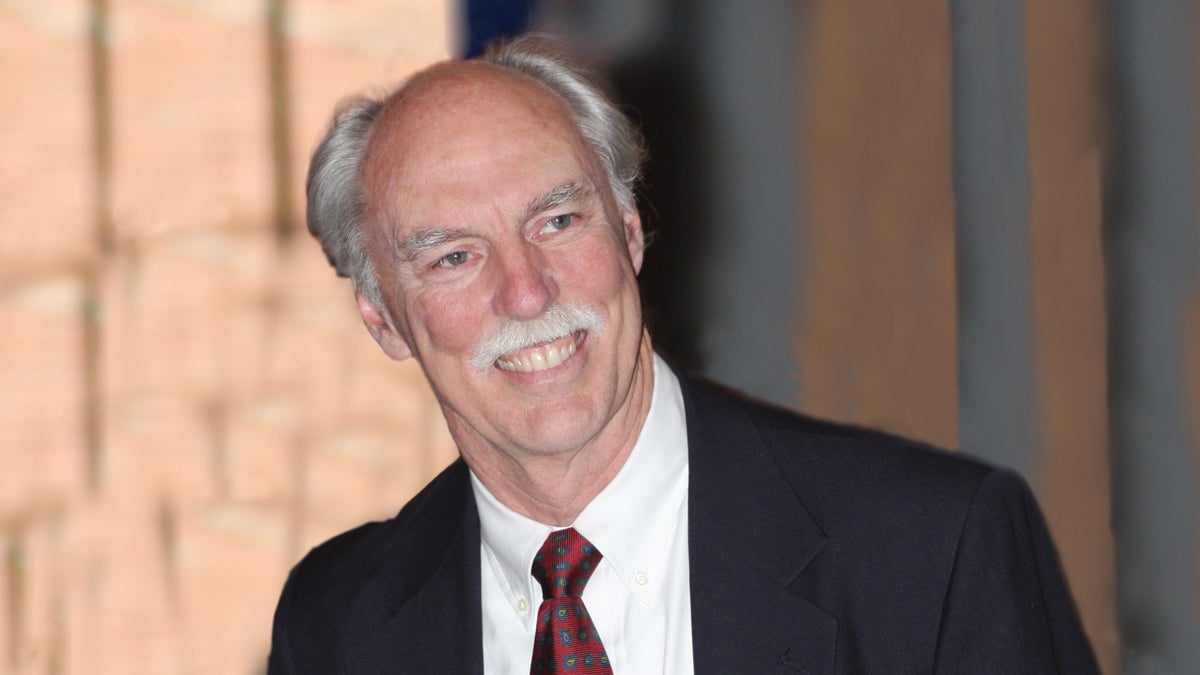Over time, watching the perception of addiction treatment change
Listen
Thomas McLellan was briefly the deputy drug czar for the Obama administration. (Courtesy of Thomas McLellan)
With the country in the throes of a heroin epidemic, politicians on both sides are talking about the importance of addiction treatment, and of getting substance users help.
Longtime addiction researcher A. Thomas McLellan wasn’t sure he would ever see this happen. Known as a “cranky academic” who doesn’t hold back, McLellan had a brief stint as deputy drug czar for the Obama administration, but says Washington, D.C. was not for him.
And he recalls that when he started working in D.C., there was no appetite to talk about addiction.
“It was considered the third rail of American politics, you just don’t discuss drug use, it was a certain way of never getting re-elected. Those days are happily behind us.”
He says he couldn’t believe his eyes and ears when Vermont’s entire 2014 State of the State address was dedicated to the issue of opioid addiction.
He’s also surprised at how prevalent the addiction issue is in the campaigns of presidential candidates.
“We have Republican and Democratic candidates with platform positions on this issue, with combined public health and public safety approaches. The level of discourse has been elevated so much.”
McLellan says addiction researchers have gained a lot of ground in recent decades in better understanding the causes and mechanisms of addiction. New medications and therapy approaches are becoming available, and with the Affordable Care Act, treatment has become more widely covered by insurance companies.
He says funding for addiction research remains considerably lower than funding for other major public health issues, such as heart disease or cancer, but the issue could soon receive another push with the upcoming first-ever Surgeon General report on addiction. McLellan has been asked to work on the report, but couldn’t offer many details, as it is still embargoed.
“I think it’s going to be pivotal,” he said.
“It says without question, [addiction] is a public health issue. It’s not a moral issue, it’s not just a criminal justice issue, so right away that changes things.”
The report is a call to action to government agencies, to healthcare providers, and to the public at large to get involved in the fight against addiction. McLellan, who serves as chairman of the board at the Treatment Research Institute in Philadelphia, predicts it will improve access to treatment by helping to alter public perception.
“We have the tools to prevent, to intervene early and to treat very effectively substance use disorders,” says McLellan, “[but] they’ve rarely been applied, and I think, more than any other reason, it’s because of the way the public has seen it…I think the Surgeon General’s report will do a lot to change it, as it did with smoking 50 years ago.”
The report will present the latest research on addiction, from basic science research on genetic predisposition, to clinical research on treatment outcomes.
“The available evidence…will be overwhelmingly positive and optimistic,” says McLellan, “about our ability to actually deal with this.”
Listen to the full interview above.
WHYY is your source for fact-based, in-depth journalism and information. As a nonprofit organization, we rely on financial support from readers like you. Please give today.



